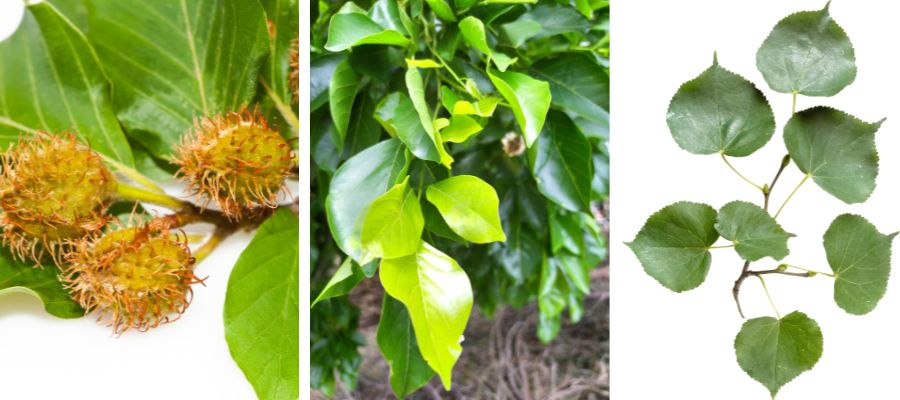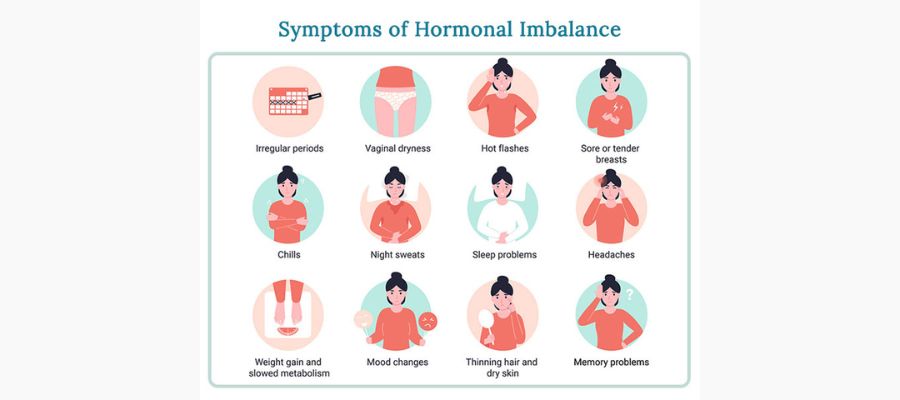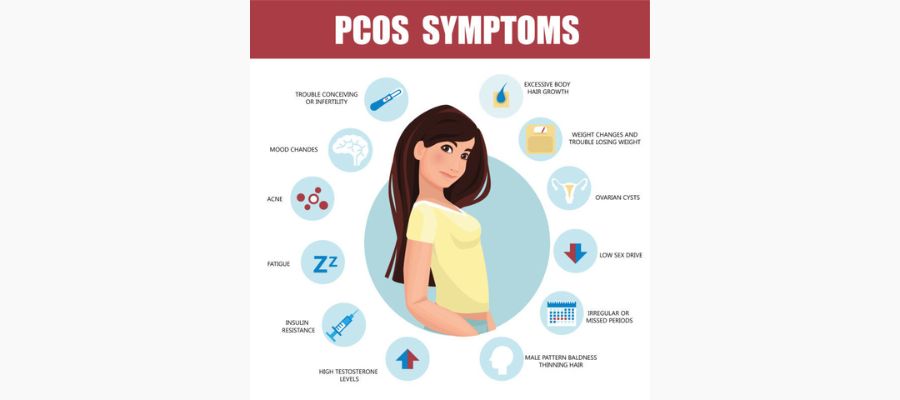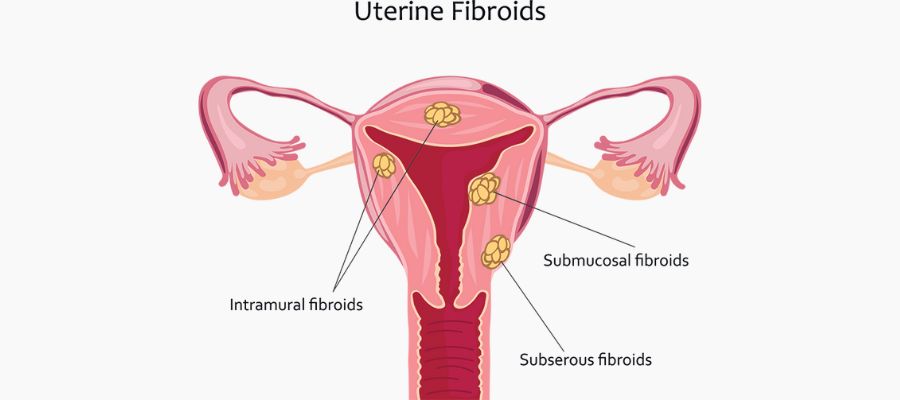
SCIENTIFIC NAME: Sesamum indicum
HINDI NAME: Til
ENGLISH NAME: Sesame
FAMILY: Pedaliaceae
SHORT DESCRIPTION
Sesame is grown for its nutritious seeds, which grow in pods. It balances vata and kapha while slightly increasing pitta. Protein, vitamin B1, dietary fibre, phosphorus, iron, magnesium, calcium, manganese, copper, and zinc are all abundant in sesame seeds. While the oil may be used to treat a wide range of ailments, it is especially good for people who have a Vata Dosha imbalance.
USES & HEALTH BENEFITS
- Natural calcium and manganese supplement
- Improves intelligence and memory
- Blood sugar lowering activity
- Lipid-lowering activity
- Anti-cancer activity
- Blood pressure-lowering activity
- Liver protective activity
- Anti-inflammatory
- Antifungal activity
- Antibacterial activity
- Antioxidant activity
- Improves infertility in men
PRECAUTIONS & SIDE EFFECTS
- Overdosage may result in blood glucose levels falling below normal.
- Sesame seed fibre can create a coating on the appendix, producing bloating and discomfort.
- Sesame seeds should be handled with caution, and anyone suffering from gout should avoid them completely.
- Be cautious about allergic reactions to sesame seeds, if used for the first time.
HOW TO USE
- Sesame oil, which includes potent antioxidants such as Vitamin E, B, Calcium, and Magnesium, may be used externally to nourish and repair the skin.
- Sesame seeds have a greater fibre content, which is necessary for proper digestion.
- Oil pulling with sesame seed oil has a strong antibacterial and astringent impact on several aspects of tooth health.
- Use sesame as advised by your physician for other health benefits.
.









